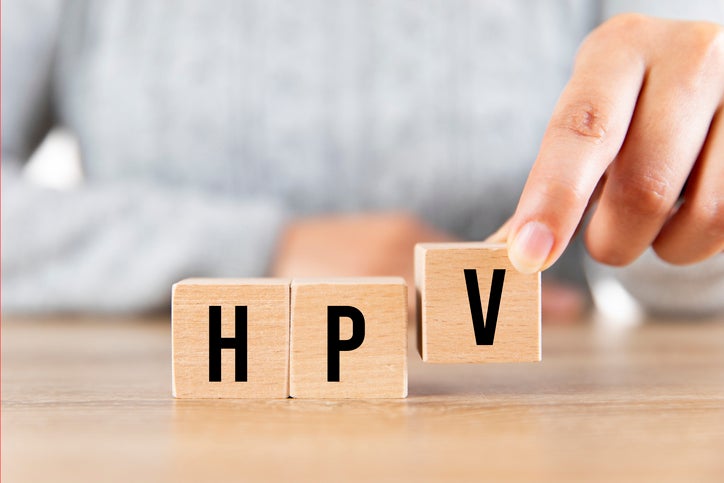
Talking to patients about the HPV vaccine requires a blend of empathy, clear communication, and factual education. By understanding patient’s concerns, providing accurate information, and promoting a practice-wide approach to vaccination education, healthcare providers can play a crucial role in preventing HPV-related cancers through increased vaccination rates.
When discussing the HPV vaccine with patients, care providers should approach the conversation with sensitivity, clarity, and informed confidence. The goal is to educate patients and guardians about the vaccine’s benefits, address any concerns, and encourage vaccinations to prevent HPV-related cancers.
Understanding HPV and the Vaccine
Explain the Risks of HPV
Begin by educating patients on the human papillomavirus (HPV) and its risks, including its role in casual cervical, anal, oropharyngeal, and other types of cancers. Emphasize that vaccination can prevent more than 90% of HPV-attributable cancers.
Highlight the Vaccine’s Benefits
Emphasize that the HPV vaccine is highly effective in preventing infections with the types of HPV most commonly associated with cancer and genital warts.
Normalize Vaccination
Present the HPV vaccine as a normal part of the adolescent vaccine schedule, similar to vaccines for tetanus or meningitis. This can help reduce stigma and increase acceptance.
Effective Communication Strategies
Start Early
Engage in conversations about the HPV vaccine with patients and their guardians as early as possible, ideally during preteen years (ages 9-12). This timing ensures the vaccine’s maximum effectiveness before potential exposure to HPV.
Use a Personalized Approach
Tailor the conversation to the patient’s age, sex, cultural background, and potential concerns about the vaccine.
Employ a Strong Recommendation
Practice assertive communication by strongly recommending the HPV vaccine as a safe and effective way to prevent cancer. Be direct and strong in your recommendation. Use clear language like, “I strongly believe in the importance of the HPV vaccine for your child’s health.”
Addressing Concerns and Hesitancy
Listen and Empathize
Acknowledge and address any fears or misconceptions patients may have about the vaccine. Listen to concerns about the vaccine and provide factual, empathetic responses. Understand common misconceptions and be prepared to correct them with evidence-based information.
Provide Evidence-Based Information
Counter myths and misinformation with facts and research to reinforce the vaccine’s safety and efficacy. Assure patient and guardians that the HPV vaccine is safe and effective, with millions of doses administered worldwide. Discuss the rigorous testing it underwent and its continuous monitoring for safety.
Follow-Up
For patients or guardians who are hesitant, offer additional resources and suggest a follow-up conversation. This shows respect for their concerns and provides an opportunity for further discussion. Consider using the “Teach-Back” method to ensure patients and/or guardians walk away with a solid and core understanding.
Support Decision Making
Provide educational materials that patients and guardians can review at home. Ensure these resources are readable, culturally sensitive, and age appropriate.
Implementing Practice-Wide Efforts
Educate All Staff
Ensure that everyone in the practice, from receptionists to nurses and doctors, can provide consistent information about HPV and the vaccine.
Create a Supportive Environment
Make educational materials readily available and ensure the clinic atmosphere supports vaccination discussions.
Fostering Community Engagement
Partner with Community Organizations
Work with schools, religious groups, and local health departments to promote HPV vaccination awareness and education.
Organize Educational Events
Host seminars, workshops, or health fairs to educate the community about HPV and the importance of vaccination.
Monitoring and Folow-Up
Track Vaccination Rates
Keep records of patient vaccinations to monitor progress and identify those who need follow-up reminders.
Encourage Completion of the Vaccine Series
Remind patients and parents about the necessity of completing the entire vaccine series for full protection.
By adopting these strategies, care providers can effectively communicate the importance of the HPV vaccine, address concerns and hesitancy, and ultimately increase vaccination rates to prevent HPV-related cancers.

